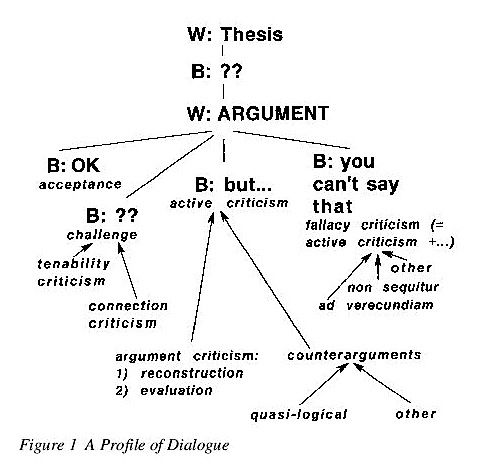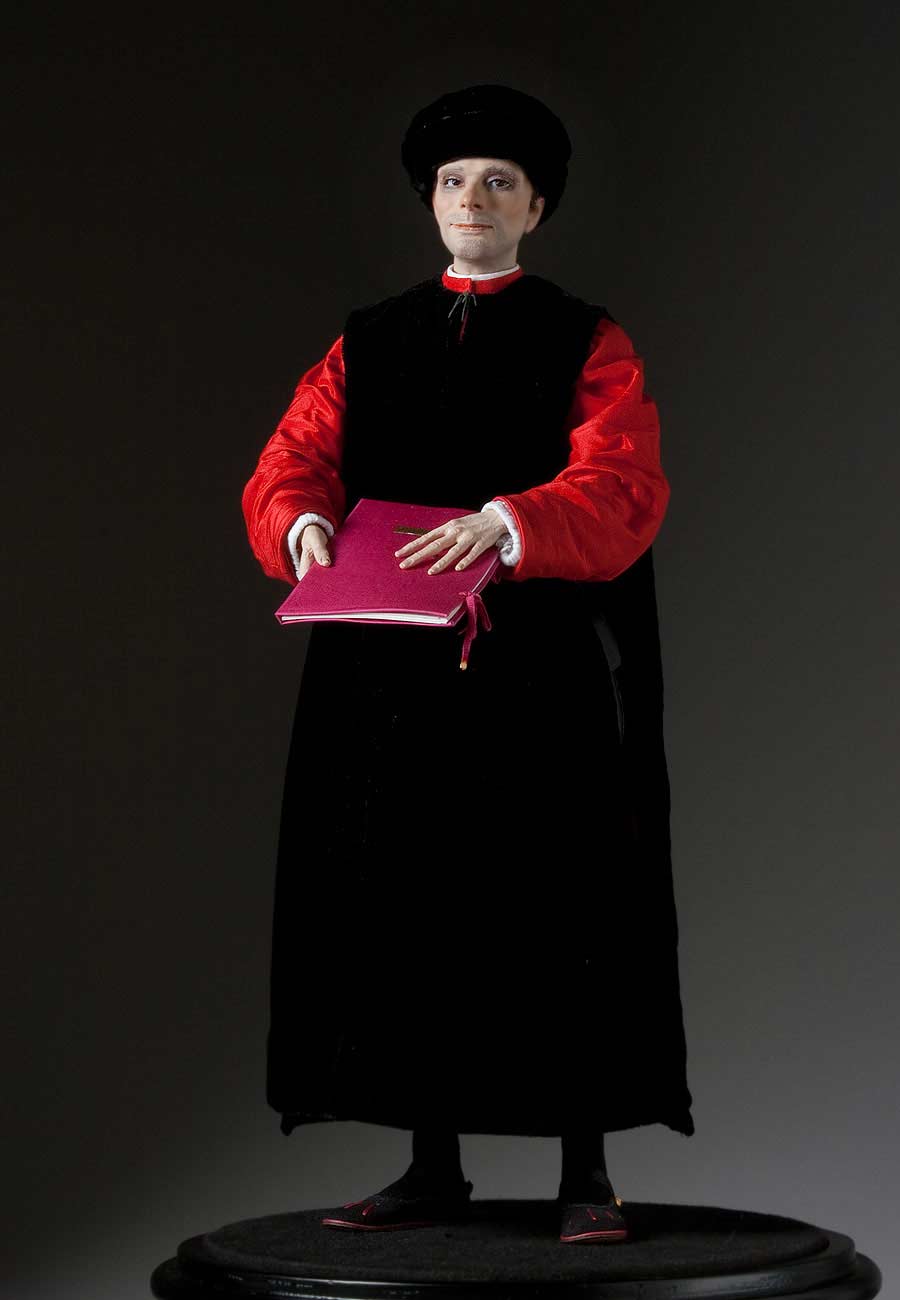
This self-referentiality is enormously complex, and the authors simultaneously demonstrate this complexity and carve for the reader a path through this maze. The analysis proceeds sequentially through each of the speeches in the Symposium, and the authors focus primarily upon ways in which this dialogue provides the attentive reader with principles for interpreting the text. The goal of the book is twofold: to determine the structure of the Symposium as a whole and to ascertain the relationship between the dialogue's explicit philosophical themes and its apparently nonphilosophical details. It is stylish and erudite in its writing, theoretically sound, and textually precise. The book will be valuable to students of Plato in a wide variety of fields, especially philosophy, classics, literary studies, and political theory." -John Russon, University of Guelph, " Plato's Dialectic at Play makes a significant and original contribution to the study of Plato in general and the Symposium in particular. This reinterpretation and defense of the Platonic philosophy is very relevant to contemporary Plato studies (especially those influenced by contemporary Continental philosophy) while being quite refreshingly original. The scholarship is strong and well grounded in contemporary and classical sources and commentators.

The work demonstrates the power inherent in the familiar themes of the Symposium (especially the transformative character of the ascent to beauty) while also developing a new 'Platonism' according to which Plato is simultaneously a remarkable philosopher of art (contra familiar interpretations of the Republic, a work the authors argue is a companion piece to the Symposium) and an artistic innovator (earning the honor of being the first novelist). It is stylish and erudite in its writing, theoretically sound, and textually precise. The goal of the book is twofold: to determine the structure of the Symposium as a whole and to ascertain the relationship between the dialogue's explicit philosophical themes and its apparently nonphilosophical details. The analysis proceeds sequentially through each of the speeches in the Symposium, and the authors focus primarily upon ways in which this dialogue provides the attentive reader with principles for interpreting the text. This self-referentiality is enormously complex, and the authors simultaneously demonstrate this complexity and carve for the reader a path through this maze. As such, it deserves careful reading (and rereading) by historians of philosophy, intellectual historians, and all those interested in the intersection of literature and philosophy." -William Desmond, Hermathena, &"Its literary sensibility and systematic lucidity make this work a remarkable contribution to the debates concerning Plato&'s Symposium as well as the vexata quaestio of the relation between poetry and philosophy or, more broadly, art, literature, imagination, and thinking.&" &-Claudia Baracchi, The New School, "Plato's Dialectic at Play makes a significant and original contribution to the study of Plato in general and the Symposium in particular. "Plato's Dialectic at Play is a wide-ranging, intelligent and energetic book whose complexity is a fine companion to the artful complexity of the Symposium itself. The book concludes with a comprehensive reevaluation of the significance of the Symposium and its place in Plato's thought generally, touching on major issues in Platonic scholarship: the nature of art, the body-soul connection, the problem of identity, the relationship between mythos and logos, Platonic love, and the question of authorial writing and the vanishing signature of the absent Plato himself. Following Nietzsche's suggestion and applying criteria developed by Mikhail Bakhtin, they further argue for seeing the Symposium as the first novel. On this basis the authors argue that the Symposium, with its positive theory of art contained in the ascent to the Beautiful, may be viewed as a companion piece to the Republic, with its negative critique of the role of art in the context of the Good.

Careful analysis of each layer of the text leads cumulatively to a picture of the dialogue's underlying structure, related to both argument and myth, and shows that a dynamic link exists between Diotima's higher mysteries and the organization of the dialogue as a whole. His dialectic is not only argument it is also play. By uncovering the structural design of the dialogue, Plato's Dialectic at Play aims at revealing a Plato for whom the dialogical form was not merely ornamentation or philosophical methodology but the essence of philosophical exploration. The Symposium is one of Plato's most accessible dialogues, an engrossing historical document as well as an entertaining literary masterpiece.


 0 kommentar(er)
0 kommentar(er)
